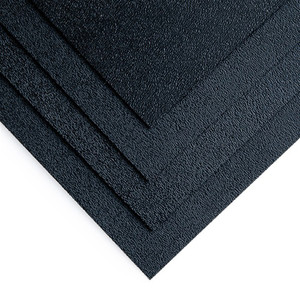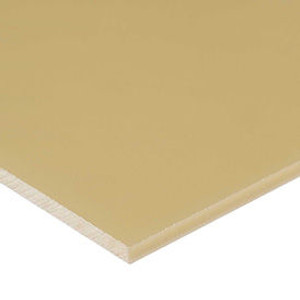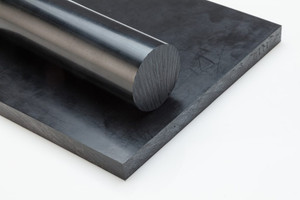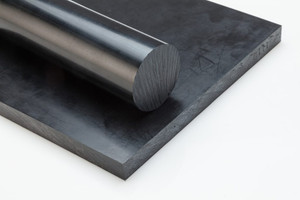ABS
What is ABS Plastic?
ABS, or Acrylonitrile Butadiene Styrene, is a remarkable thermoplastic polymer renowned for its versatility, durability, and affordability. It's formed through a unique blend of three distinct components:
- Acrylonitrile: Contributes to strength, rigidity, and chemical resistance.
- Butadiene: Provides toughness, impact resistance, and flexibility.
- Styrene: Enhances surface gloss, hardness, and ease of processing.
This synergistic combination of properties results in a material that offers exceptional performance across a wide range of applications.
Key Features and Benefits of ABS Plastic Sheets
ABS plastic sheets offer a remarkable range of desirable characteristics, including:
- High impact strength: Exhibits exceptional toughness and resistance to impact, making it ideal for applications where durability is crucial.
- Good machinability: Can be easily cut, drilled, sawed, and thermoformed, enabling a wide variety of fabrication techniques.
- Lightweight: Offers a favorable strength-to-weight ratio, making it a preferred choice for weight-sensitive applications.
- Chemical resistance: Resistant to various chemicals, solvents, and oils, extending its lifespan in demanding environments.
- Heat resistance: Possesses a relatively high heat deflection temperature, allowing it to withstand moderate heat exposure.
- Good electrical insulation properties: Serves as an effective electrical insulator, making it suitable for electrical applications.
Common Applications of ABS Plastic Sheets
Due to their impressive properties, ABS plastic sheets find extensive use across diverse industries, including:
- Automotive: Interior and exterior parts, dashboards, bumpers, wheel covers, and more.
- Electronics: Housings for appliances, computers, and other electronic devices.
- Construction: Building panels, signage, and decorative elements.
- Manufacturing: Tooling, jigs, fixtures, and protective guards.
- Consumer goods: Toys, sporting goods, luggage, and various household items.









